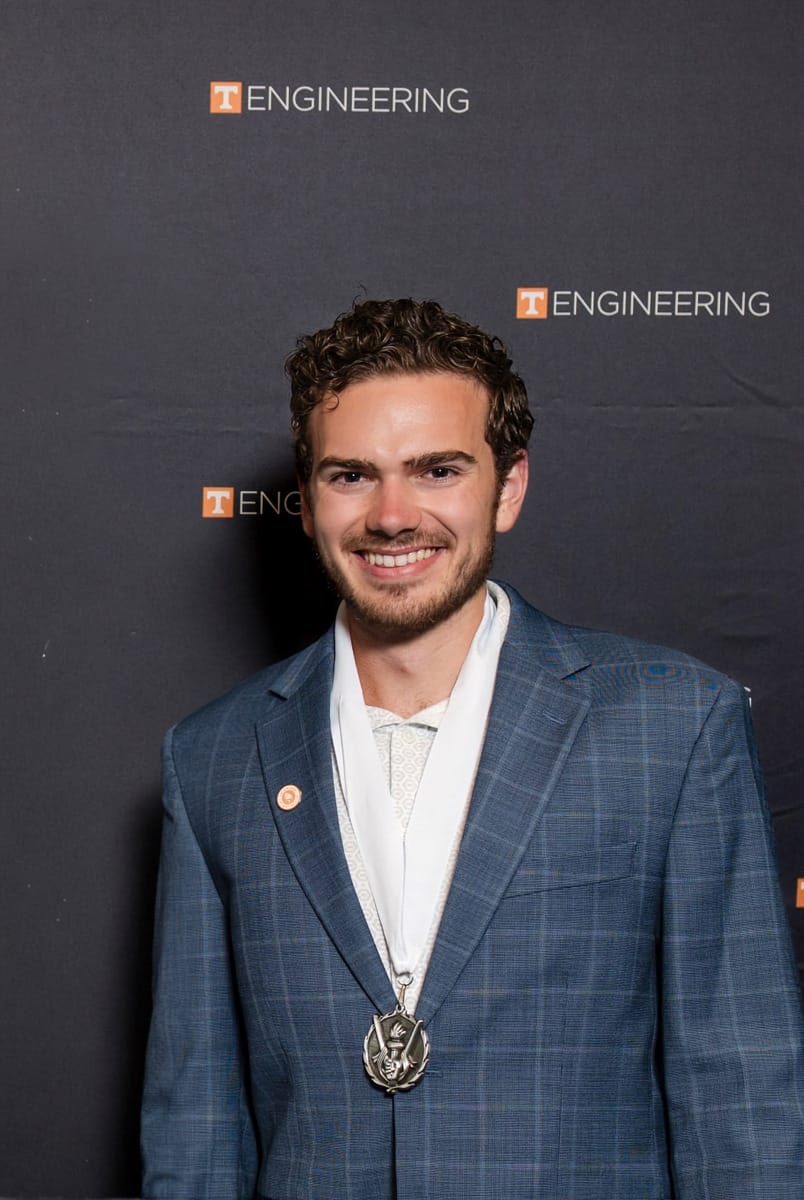Sleep is the greatest legal performance-enhancing drug that most people are probably neglecting.
For most university students, finals are just around the corner. This article strives to sum up the most helpful study tips, routines, and practices to ace your exams and to stay healthy while doing it.
1. 😴 Sleep is Your Secret Weapon
Often when we hear that sleep is essential for acing exams, we roll our eyes because it just seems too simple. Believe me, I have felt that way too.
So why should we sleep 8 hours per night? (*feel free to skip the first minute)
Good sleep the night before studying is critical.
The new things you learn are stored temporarily in your Hippocampus. They can only be transferred to your prefrontal cortex for long term memory if you get sufficient sleep.
Pulling an all-nighter decreases learning capacity by 40% (The difference between acing an exam and failing miserably).
To fall asleep faster have a regular sleep schedule and a bedroom temperature of 65 degrees Fahrenheit.
Get morning sunlight exposure to reset your circadian rhythm.
Dim lights in your house an hour before you go to bed.
2. 👨🎓 Study Techniques That Actually Work
Maximize the efficiency of your studying by using these study tips recommended by Dr. Huberman and other experts.
Gap Learning Effect - every few minutes at random take a 10 second pause and do nothing.
Put your phone in a drawer or on airplane mode to remove distractions. If you want to get things done, make it difficult to access your phone.
Time Blocking- break your study session into 90 min periods.
Exercise- taking walks or working out are great ways to refresh
Use memory recall instead of reading your notes. When you ask your brain to remember something, you are strengthening that neural pathway. When you read or highlight your notes you might think you know the material, but really are just becoming more familiar with it.
Feynman technique- 1.) Study something 2.) Teach it to someone 3.) Fill in the gaps 4.) Simplify what you learned
Pomodoro Method- Work for 25 minutes then take a 5 min break and do that 4 times for one cycle. Use this Pomodoro app.
3. ☕ How to Approach Caffeine and Nutrition
What you eat and drink have profound effects on your body and your ability to learn. This may seem obvious, but it is something that can’t be overlooked.
Foods experts recommend for studying:
Berries
Citrus Fruits
Dark Chocolate
Nuts
Avocados
Eggs
When should you drink caffeinated drinks?
Wait 90 mins after waking up before consuming caffeine to avoid the afternoon crash.
If you want to fall asleep quickly and stay asleep, don’t drink caffeine after 1 pm.
“Caffeine has an average half-life of five to seven hours. Let’s say that you have a cup of coffee after your evening dinner, around 7:30 p.m. This means that by 1:30 a.m., 50 percent of that caffeine may still be active and circulating throughout your brain tissue. In other words, by 1:30 a.m., you’re only halfway to completing the job of cleansing your brain of the caffeine you drank after dinner.”
For more information on the effects of caffeine on studying, please see this recent article by Tyler Myers.
Cool Photo of the Week:

Ben Nevis Summit Shot by Naomi Ebullience
Final Thoughts
What study tips do you use for learning of any kind? Give these methods a try and let me know which ones helped you the most. I’d love to hear about your experiences.
Enjoy this and want to see more? Please share this with people who would benefit from articles like these.
Rock on,
Camden


